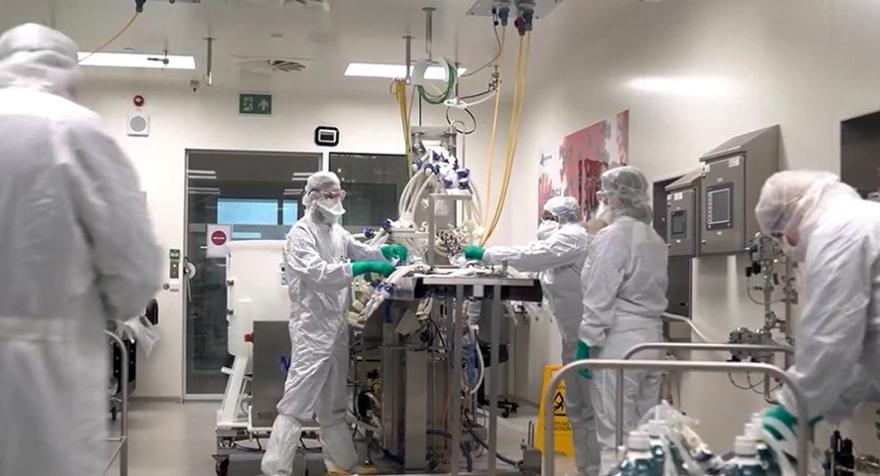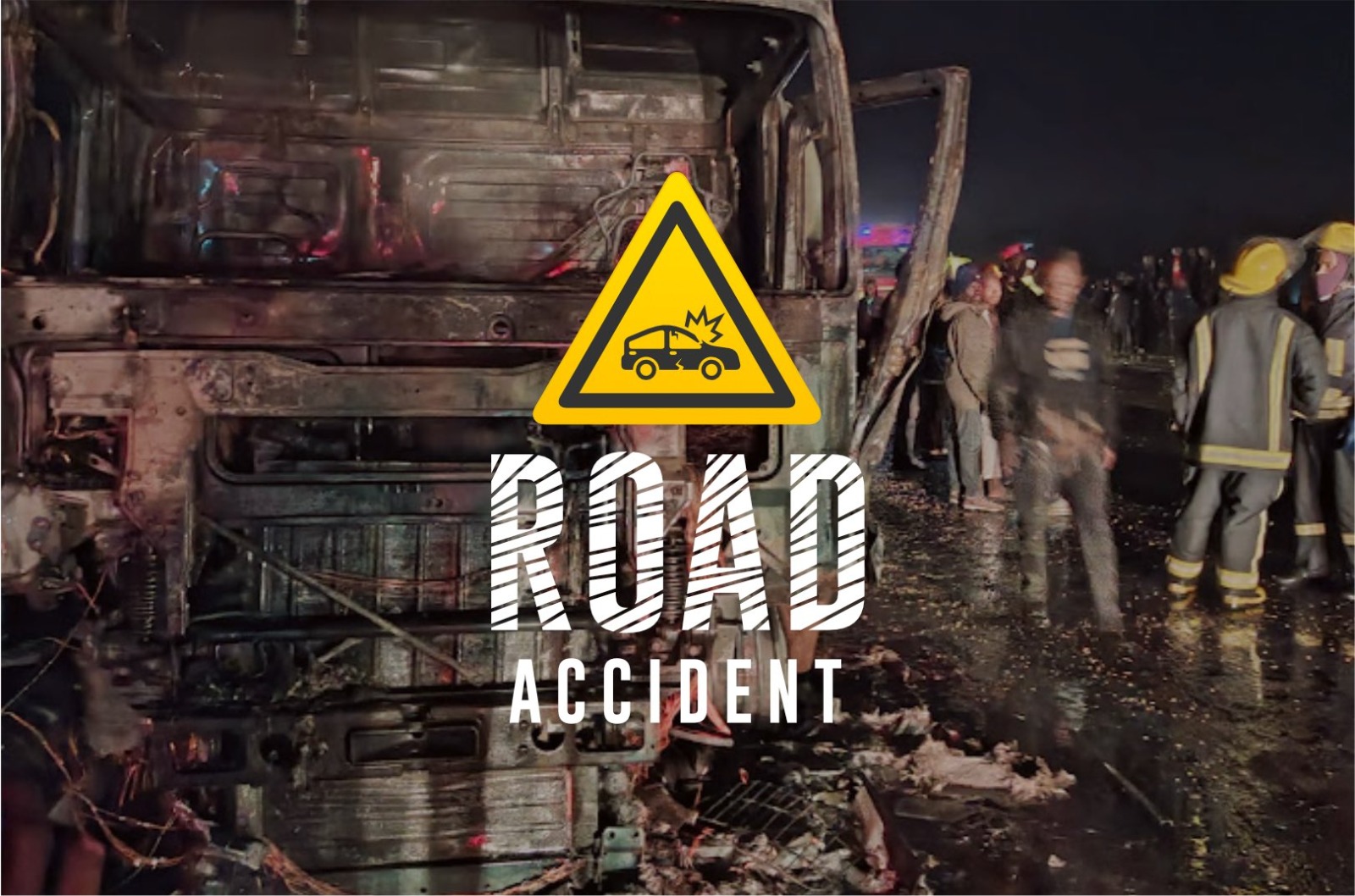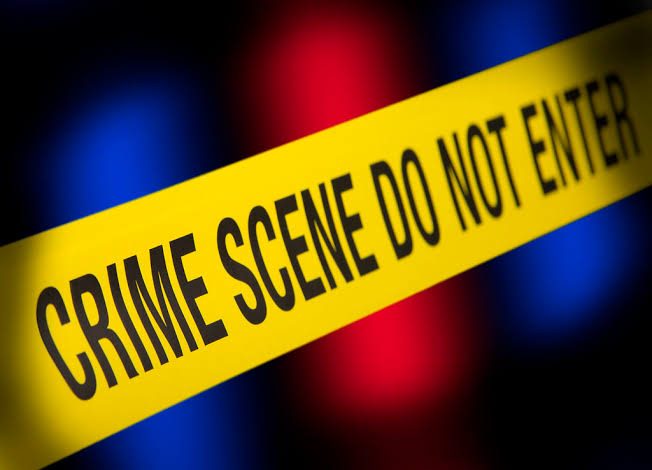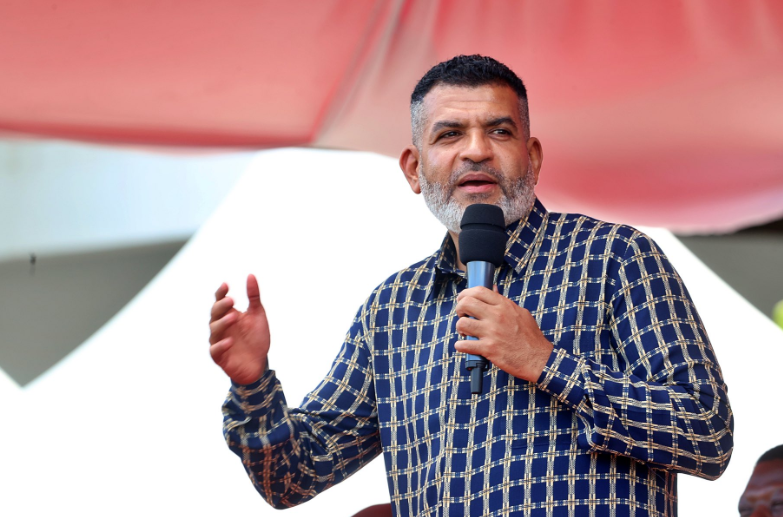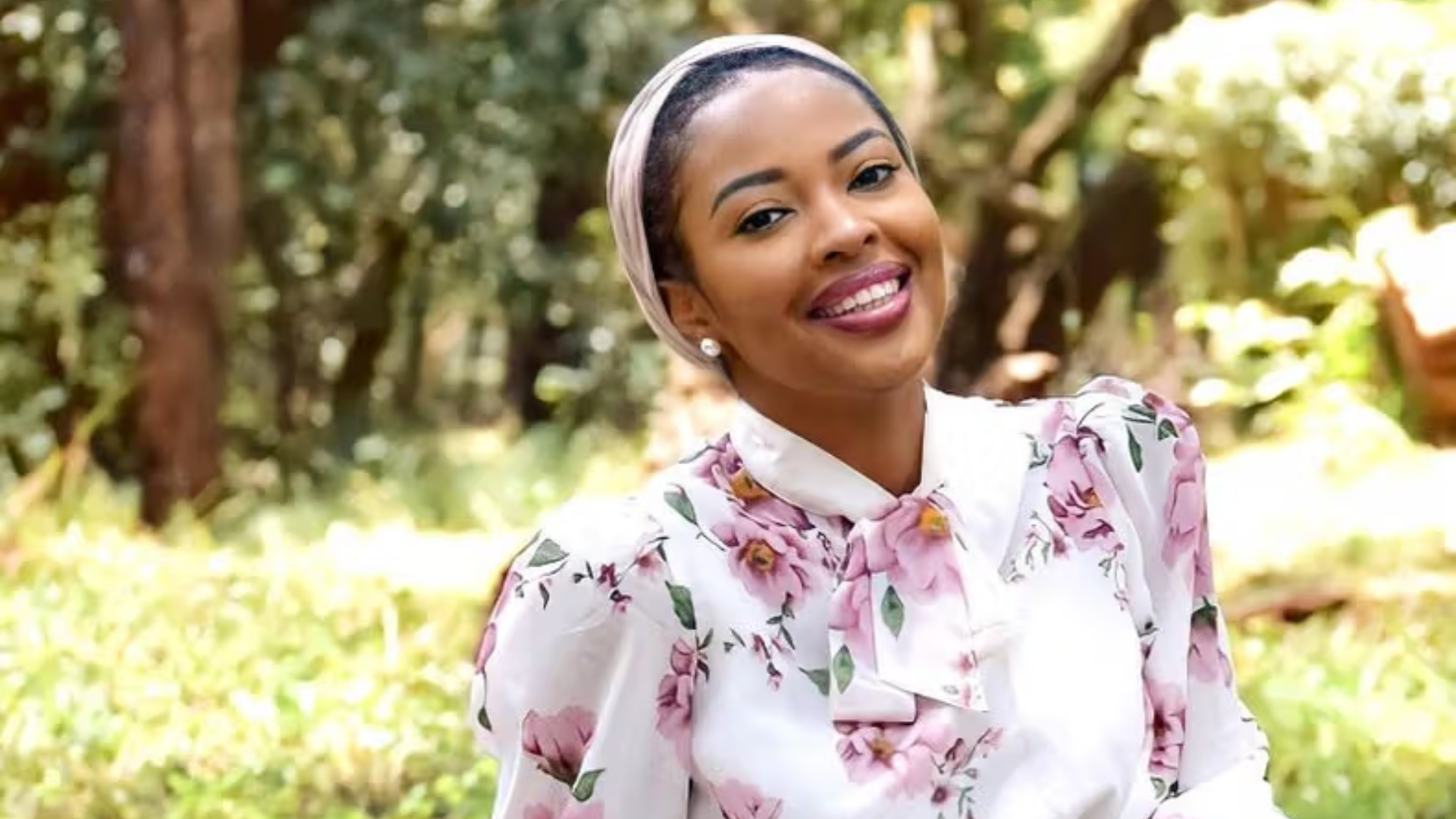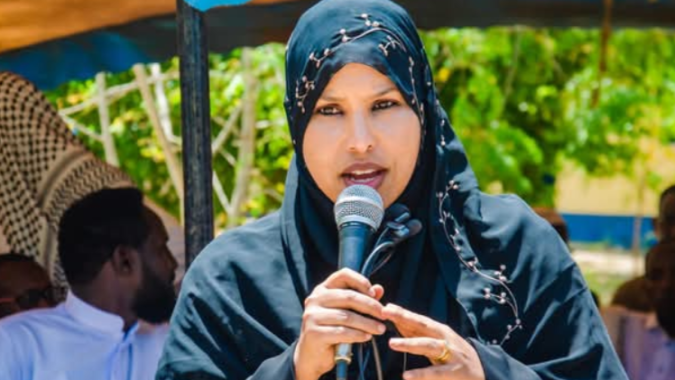Russia adds record 10,000 coronavirus cases in dramatic turnaround
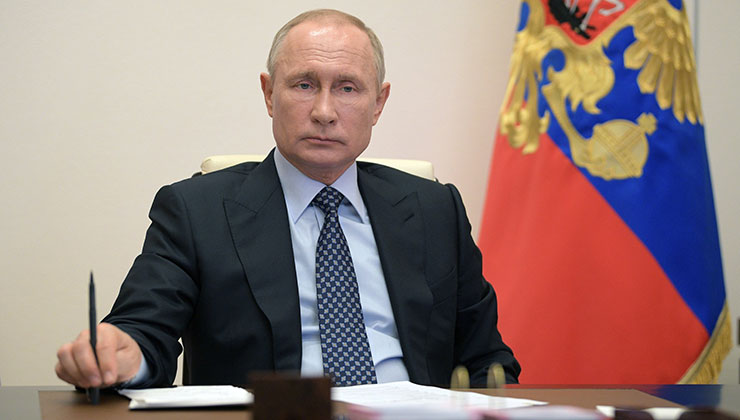
Russia reported 10,633 new coronavirus cases on Sunday, its fourth record single-day increase in a row, in what is becoming a major headache for President Vladimir Putin.
The country’s total number of cases is now 134,687, the seventh-highest number in the world, in a dramatic turnaround from the situation back in March.
A total of 1,280 deaths has now been recorded, the country’s coronavirus response headquarters said in a statement, adding that around 50% of the cases were asymptomatic. Moscow, the country’s worst-hit city, accounts for more than a half of total cases.
Last week, Russia extended its isolation period through May 11. “The daily increase in cases has relatively stabilized but this mustn’t calm us down, the situation is still very serious,” Putin said. “The peak is not behind us, we are about to face a new and grueling phase of the pandemic… the deadly threat of the virus remains.”
Anger is rising among the country’s health workers after two dozen hospitals had to shut down for quarantines, with many doctors falling sick. Russian independent media and non-governmental organizations have reported anonymous pleas from outraged medical workers who said they had been ordered to the frontlines without adequate protection, and that bureaucratic foot-dragging was costing lives.
On Thursday, as the number of cases passed 100,000, Russian Prime Minister Mikhail Mishustin appeared on state television informing Putin by video conference that he’d tested positive for the virus. That came a day after Mishustin said it was “impossible to give an exact date” for lifting Covid-19 restrictions in Russia, including reopening the country’s borders.
On Saturday, a Chinese city on the border with Russia issued an emergency epidemic prevention notice closing all dine-in restaurants “until further notice,” according to China’s state-run CCTV.
The move by Harbin City in Heilongjiang Province came as other Chinese provinces began to lift lockdown measures. Heilongjiang has seen a spike in locally transmitted coronavirus cases.
Chinese health authorities recently traced dozens of cases to a single flight that arrived in Shanghai from Moscow on April 10. A wave of cases in the city of Suifenhe, on the border with Russia’s Far East, were attributed in large part to Chinese nationals returning from Russia.
The Russian Defense Ministry reported an outbreak among its personnel, cadets and civilian employees. Reports have emerged of cases at military academies across the country, including among troops who took part in the Moscow rehearsals for the May 9 Victory Day parade.
Back in March, Putin radiated confidence about his government’s response to a growing global crisis, reassuring his citizens that the situation was “under control” thanks to early intervention measures. On April 1, the Russian President played the role of international rescuer, dispatching a planeload of medical supplies to New York’s John F. Kennedy Airport.
But by April 13, the mood had changed. “We have a lot of problems,” Putin said in a video conference. “There is nothing to boast about, and we must not let our guard down, because in general, as you and your specialists say, we have not passed the peak of the epidemic yet.”
In a recent essay, Tatiana Stanovaya of the Carnegie Moscow Center said the pandemic had underscored Putin’s isolation from ordinary Russians as he had failed to devise an adequate action plan or display sufficient empathy, handing the task of imposing the strictest restrictions to Sergey Sobyanin, the mayor of Moscow.


